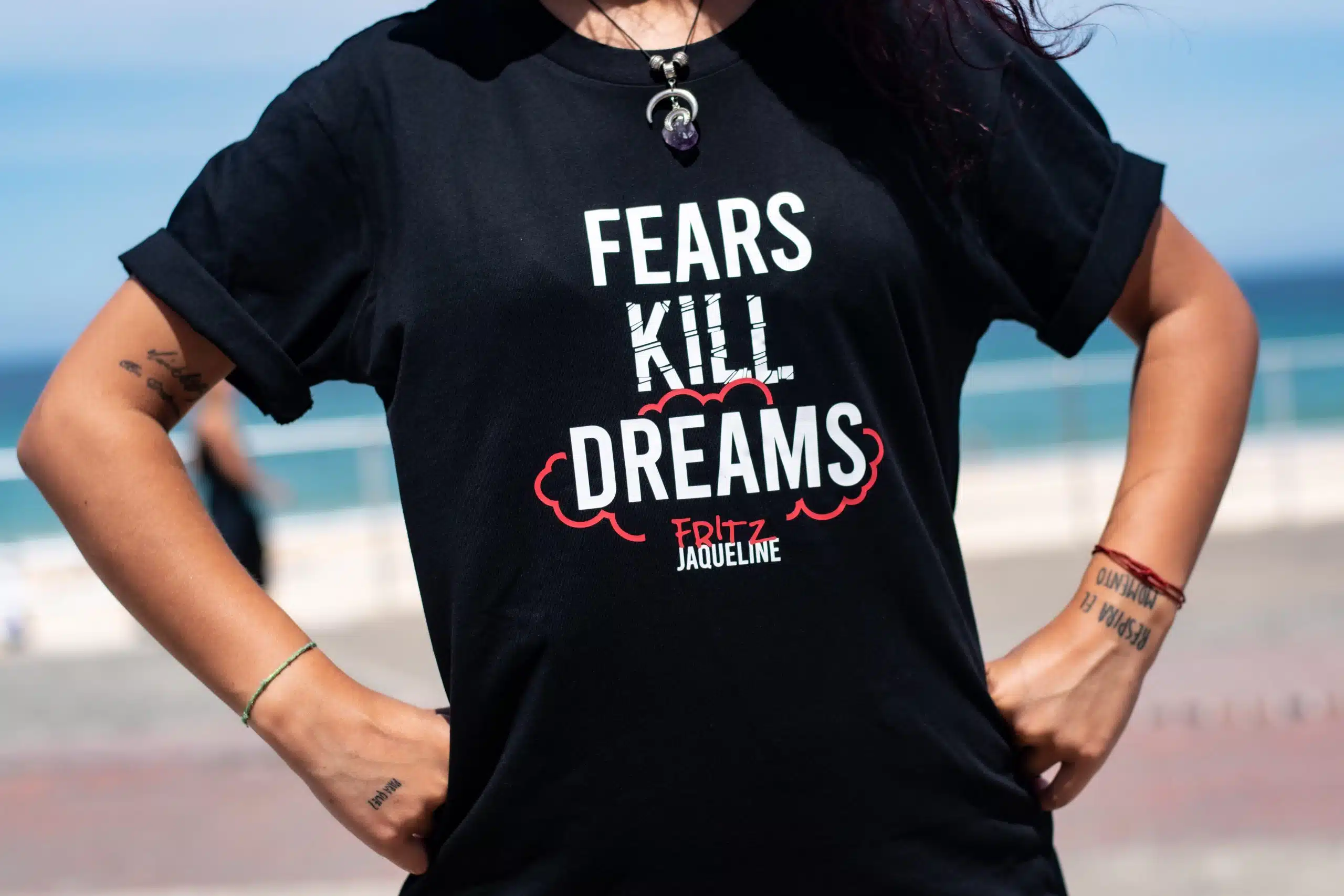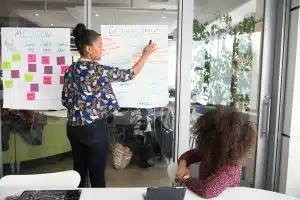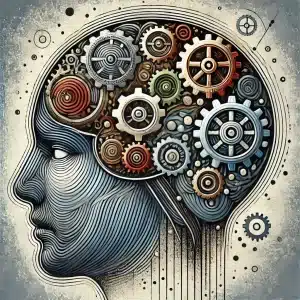I was about to lose everything – my car, house, business and income. I felt fear and shame. I had failed. Failed as an entrepreneur and businesswoman.
As a mother, my biggest fear was being unable to provide for my son, and I felt like it was becoming a reality. I was petrified!
This usually seems like the end of the story for most people, but in my case, it was just the beginning.
There will be moments in our lives when we will feel fear. It could be fear of anything – the dark, heights, flying, or the fear of failing.
I’m no different; I have some fears that sometimes feel insurmountable. Fear of drowning is one of them, but the fear that impacted my life the most was the one I felt back in 2013 when I lost everything and went bankrupt.
I’m sure some of you have heard of humans having a fight, freeze or flight mode in response to fear.
Well, I froze! I couldn’t think, feel or do anything! And for some time, I was surrounded by darkness. I mean negative thoughts about myself and the world, blaming myself, feeling ashamed, and having no confidence, self-belief or self-love. I became my worst enemy.
Instead of trying to find a way out of my situation, I was making it worse with my negative thoughts and attitude.
What was happening with me at the time?
I’m fascinated by how our mind controls everything. Over the years, I’ve been researching and the more I know, the more there is to learn about the mind and how it drives our behaviours and, ultimately, our lives.
The two primary reactions to fear are biochemical and emotional. The biochemical reactions drive our bodies’ response to perceived environmental threats, such as increased heart rate, dry mouth, feeling out of control, dilated pupils, trembling or sweating. This starts in the amygdala’s brain region and is how the body prepares to combat the danger or run away from it.
When it comes to emotional reactions, the response to fear is different and personalised. Some people might feel excited and full of adrenaline; others may feel tense, anxious, stressed and panicked.
Because the biology of fear has similar chemical reactions to positive emotions, we can experience either positive or negative emotions whenever we feel afraid.
In my case, my response was to freeze and allow panic to control my life for a few weeks.
How to overcome fear?
Be self-aware
Stop and reflect: I forced myself to stop and reflect in my darkest hour. I turned inward to assess my values, wants, strengths and limitations.
Challenge your mindset
Don’t be afraid to ask yourself some hard questions.
In the experience shared above, I’ve reflected on questions such as:
- What does success look like to me?
- Does the fact that these businesses have failed mean I’m not successful?
- What could I have done differently?
- Do these failed businesses define me as an individual, woman, mother, or professional?
- What experiences did I have as a professional before these failures?
- Does my journey need to be the same as everyone else?
- Do I need to succeed in all my projects?
Reframe your thoughts
I had to reframe my thoughts and beliefs to move away from my negative thinking. Find out how to reframe your beliefs here.
Act
The most important thing is to not allow yourself to be paralysed by fear. I use the OAM technique to keep moving forward. I Observe, Acknowledge and Move on.
- First, observe your emotions and feelings and understand why they are there.
- Then, acknowledge the fear and see it as an ally that, at some stage in your life, helped you but now needs to step down.
- Finally, define what you want, create your goals and make small steps towards your dreams. Move on and take action.
Life’s journey is not the same for everyone, and it will always have ups and downs. We need to understand that we are worthy and programmed for success. Be aware that all the negative inner talk is a lie promoted by our fears.
I came out of this experience much wiser, more determined and resilient, and so can you!
Remember that everything is happening for your good, and we all have the power to Face Everything And Rise!





